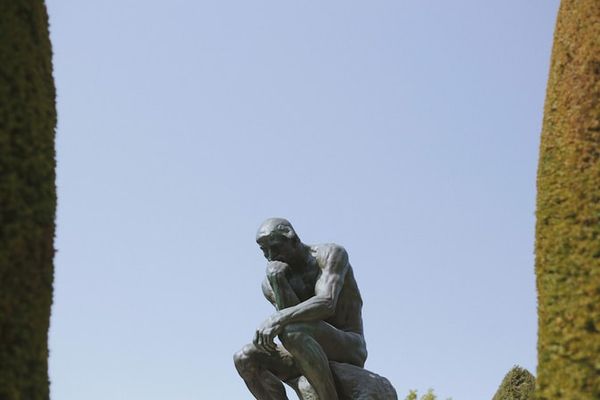On Oct. 28, I wrote about Furman’s success in combating COVID-19 this fall. In particular, I attributed that success to the virtue of our student body and the surprising extent to which Furman students had moderated their behavior to new circumstances and consequently kept our campus’ positivity rate low. Three days later, on Oct. 31, approximately 100 of my peers attempted to prove me wrong. As the administration informed our community in a campus wide email on Nov. 4, “a significant number of juniors and seniors participated” in “a ‘pub crawl’ event that was open to the public.”
In response, it would be reasonable to criticize those students for making poor decisions that put our community at risk. It would also be warranted to issue an “I told you so” to the administration. Since more than 50 students gathered off campus at the former Kappa Alpha fraternity house over the weekend of Aug. 22—leading to Furman’s first and perhaps only significant COVID-19 outbreak this fall—many students, myself included, have been calling for the administration to create real outlets for social life on campus.
It seems best to refrain from making either of those criticisms for two reasons. First, I believe my original point stands. Broadly speaking, Furman students have shown themselves to be considerate, caring and responsible members of our community within the context of COVID-19. Although most students are not following the Paladin Promise to a tee, they are being reasonable and avoiding “pub crawls” in packed bars downtown. That merits praise, not criticism. In the Nicomachean Ethics, Aristotle writes that virtuous people are laws unto themselves. What he means is that to the extent that people are virtuous they are not in need of rules to modify their behavior. In my view, the large majority of Furman students fall under that virtuous category when it comes to COVID-19. Consequently, it would be wrong to crack down on reasonable Furman students because of the foolish actions of a few.
Secondly, and perhaps more importantly, it is evident that framing our campus’ response to COVID-19 as a struggle between irresponsible students and an overbearing administration does not reflect reality and is counterproductive. It does not reflect reality because most students are not, in fact, irresponsible. It is counterproductive because it epitomizes a broader mistake that we make far too often in our contemporary moment: the tendency to misunderstand freedom.
In the context of COVID-19 on campus, this misinterpretation of what freedom really means has dire consequences and often manifests itself in social stratification between students who believe that rules are too strict and should be disobeyed and students who believe that the rules should be enforced. Simply put, social conflict on campus can be boiled down to an argument between those who claim the mantle of freedom to do as they please and those who believe such freedom is dangerous and needs to be taken away.
From another perspective, these are simply two sides of the same coin. True freedom—that is, the sort of freedom we should be learning to exercise at a liberal arts school like Furman—amounts to living virtuously and making responsible decisions that minimize the risk for disease transmission while fulfilling our need to socialize, connect, learn and grow. In this sense, true freedom is free from both the desires that drive students to Halloween pub crawls at bars downtown and the overly restrictive rules that continue to exist on campus.
The good news is that many Furman students are already exhibiting such freedom. As we approach winter break and the spring semester, however, there will be more temptations than ever to abandon that freedom in exchange for the distorted understanding of doing as one pleases and rebelling against the Paladin Promise or doubling down on the rules. Moving forward, then, it would be worthwhile for administrators and students alike to remember that version of true freedom and ask how we might make decisions that advance it, both on a policy and a personal level. Otherwise, our campus risks spiraling into a situation in which students oscillate between obedience and disobedience rather than ever achieving some version of prudent self control.
